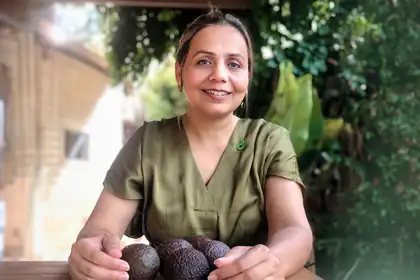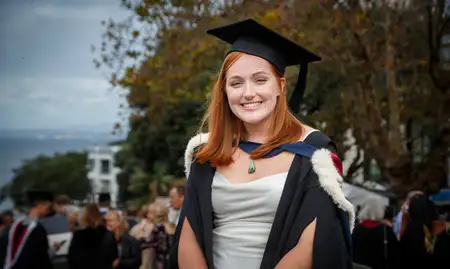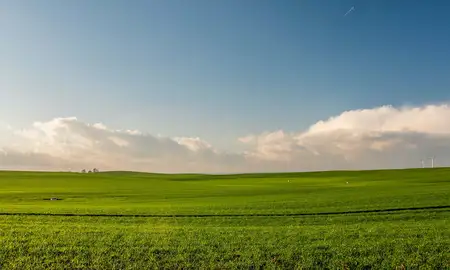
Associate Professor Lovedeep Kaur.
In the final year of the bachelor’s degree, Food Technology students work on a substantial research or development project that aligns with the specific needs of industry sponsors.
Massey student Athanasius Chiang was asked by OVĀVO to help push their product to the next level. CEO and founder of OVĀVO Andrew Vivian approached Massey to assist.
The company specialises in upcycling avocado flesh into a longer-lasting freeze-dried powder. In a commitment to sustainability and preventing nutrient-dense produce going to waste, OVĀVO uses fruit that has been deemed too small or aesthetically imperfect for retail sale, which equates to 15 per cent of all industry fruit. A further 30 to 40 per cent of the produce reaching the market often ends up discarded due to spoilage.
Mr Chiang’s project investigated how the powder could be incorporated into everyday products and use more of the avocado beyond the flesh to extend its versatility and mitigate waste. The study also involves investigating the antioxidant properties of avocado skin extract and its potential as a natural preservative in various food products.
Associate Professor Lovedeep Kaur from the School of Food and Advanced Technology is the main supervisor for the project. She says the goal is to determine if this extract can extend the shelf life of foods, including plant-based and muscle-based foods, without the need for synthetic preservatives.
“Avocado skin is often discarded, but it is a rich source of polyphenols and other valuable components that can function as natural antioxidants to preserve food quality and freshness. The repurposing of this waste resource using avocado skins can contribute to environmental sustainability.”
The impact of the study would also be beneficial in addressing the increasing concerns about synthetic preservatives and the growing demand for more natural alternatives.
“There’s a lot of goodness in avocado, including in the skin and stone, so our goal was to harness more of that. By working with Massey University, we’re learning how it performs in different food groups,” Mr Vivian says.
“Investigating avocado skin extract as an alternative can potentially satisfy the rising consumer demand for more natural preservatives. It’s a great way to foster a more robust and resource-efficient food system,” Dr Kaur says.
As Mr Chiang has now finished his degree, OVĀVO plan to extend their sponsorship with another fourth year student to explore the findings further. Dr Lovedeep says working with food companies for research projects is a great way to broaden students’ perspectives and build their practical knowledge to benefit their careers within the industry.
Alongside Massey, OVĀVO are working with a lab in the United States around toxicology and with Callaghan Innovation to investigate the efficacy of using avocado skin in the product.
Related news
Massey food technology graduate scores sweet role with biscuit giant Arnotts
There aren’t many people who get to work with chocolate biscuits all day, but Massey University Food Technology graduate D’Arcy Knight is one of those lucky people.

Massey and Lincoln Universities to collaborate on primary sector projects
Five research projects which will benefit the primary sector have been announced as recipients of funding from the Massey – Lincoln and Agricultural Industry Trust Capability Development and Research Fund (MLAIT CDR).

New study highlights differences in New Zealand beef
Pasture-raised beef is the cornerstone of the New Zealand meat industry. But do we really understand the benefits we get from the meat when it is raised this way?
